Don’t know what brush to use for your pups grooming? Sweetie has the answer!
Summer is just around the corner, and we all have in mind an excellent grooming treatment for our furry friends. But apart from our grooming professionals, we can take care of our cute babes ourselves at home.
Just have a look at our recommendations according to your pups fur.
Hairless

Hairless does not mean void of fur. These breeds have small tufts of hair on their heads, legs, and tail, which can still get tangled. A Chinese Crested is an excellent example of these breeds and should be brushed every other week. A gentle brush that distributes the natural oils is suggested, such as a soft-bristled brush. These breeds need to see a grooming professional 6-8 times a year.
Smooth, Short Coats

Best described as a very short coat that lies flat and smooth on the skin, length can be about 1-2 inches long. Breed examples include Labradors, Pugs, Bulldogs, Hounds, Pointers. Although these breeds will not get knots, brushing at least twice a week to remove dead fur and to distribute the natural oils is great for their coat. A rubber brush, bristle brush or de-shedding tool is recommended for these breeds. You will need to see a grooming professional 4-6 times a year.
Short and Wiry Coats

This coat is generally coarse, long ‘wiry’ fur, with a dense softer undercoat. The outer coat can vary in length depending on the dog breed. Examples include terrier breeds such as Wiry Jack Russell, Wiry Dachshunds, Schnauzers, Airedales. The recommendation is for a slicker brush, and medium paced out a comb and brushed twice per week. Need to see a grooming professional every 6-8 weeks is preferred.
Thin or Silky Coats

These breeds have a single coat, so their fur tends to be more delicate and fragile than most other breeds. These breeds should always be brushed whilst dry; a wet coat can weaken the fur and make it more prone to breakage and damage. Breed examples include Yorkshire Terriers, Silky Terriers and Maltese. A pin brush is preferred or a soft slicker brush. Due to the furs single layer (i.e. no double coat), caution needs to be taken when brushing to protect the skin. These breeds should be brushed 3-4 times a week (at least) and will need to see a grooming professional every 4-6 weeks.
Long and Coarse Coats

This coat tends to be thin with what seems to be a light layer of undercoat. These types of breeds include Shih Tzus, Tibetan Terriers, Pomeranians, and Lhasa Apso. They should be brushed 3-4 times a week with either a slicker and/or pin brush and with a medium toothed comb to check formats. These breeds will need to see a grooming professional every 4-6 weeks.
Curly Coats

Curly coated dogs do not tend to shed as much as other breeds but can be more difficult to brush. Their coats can be anywhere between excellent and super dense. You will find that most curly-coated dogs are the ‘new’ mixed-breed dogs such as Labradoodles, Groodles, and the standard breeds such as Poodles, Lagottos and Bichons. Recommended brushes are a slicker brush and medium tooth comb to detangle and remove knots, but a pin brush can be later used to fluff out the curls. These breeds should be brushed every second day as a minimum and a professional groomer seen every 4-6 weeks.
Long and Double Coats

This type of coat has a thick, dense undercoat and a coarser straight top/outer. These breeds can include Samoyeds, Golden Retrievers, Bernese Mountain Dogs, Chow Chows.
A variety of brushes are recommended.
A slicker brush is used for removing excess undercoat and breaking and removing any undercoat matting. A large-tooth comb to loosen the tangles and to remove excess undercoat. A pin/wire brush that can penetrate the depth of the fur to fluff out the coat whilst drying. An undercoat rake to help remove excess undercoat and a bristle brush to shine on the outer coat. Breeds with this coat tend to shed the most, so it is recommended that they are brushed 3-4 times a week and a professional groomer visited every 6-8 times a year.
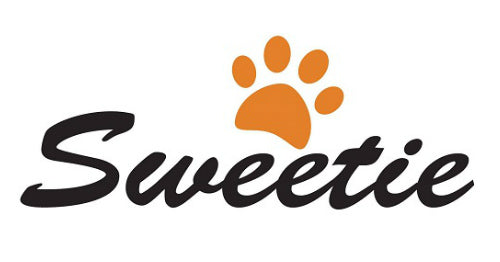
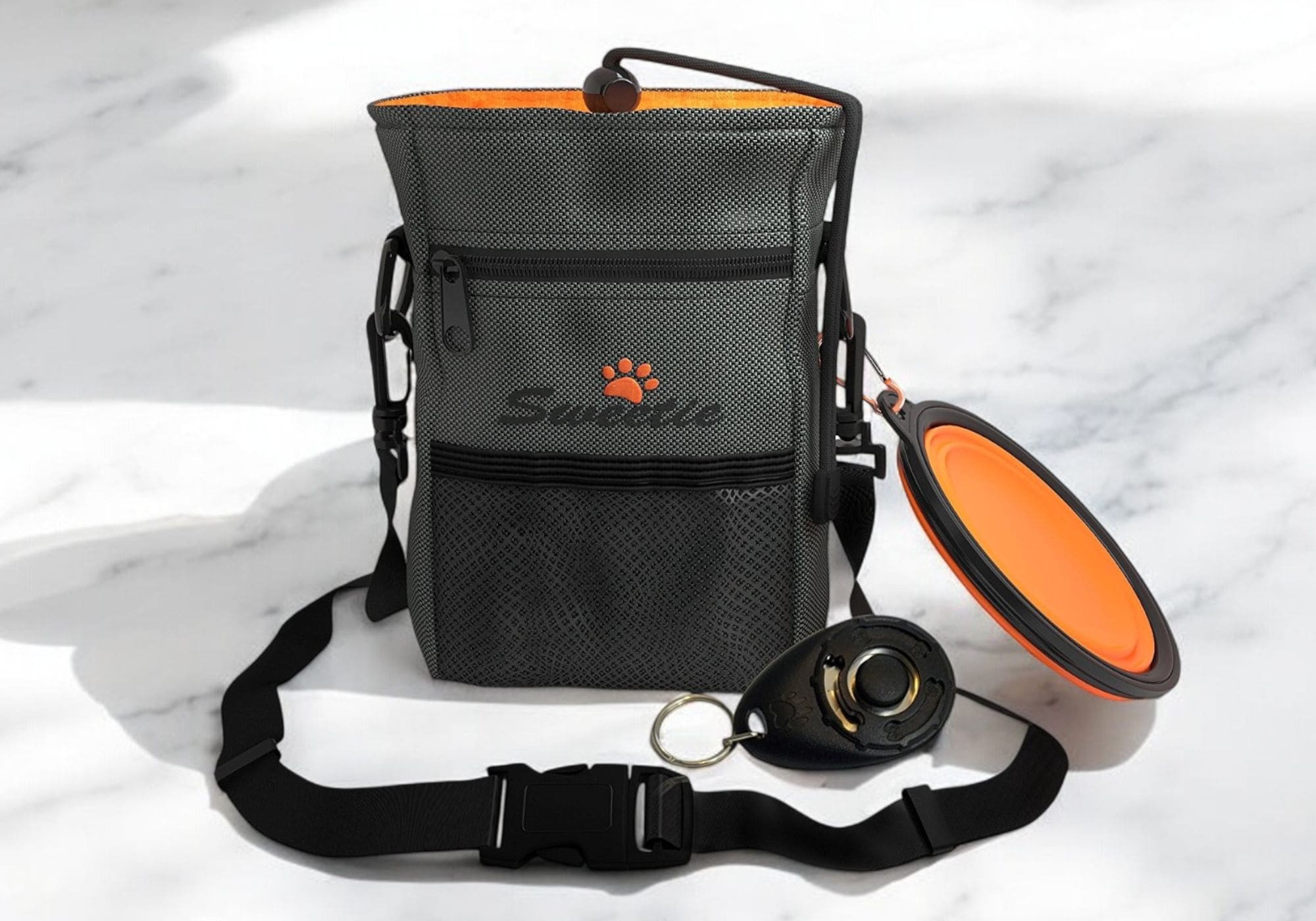
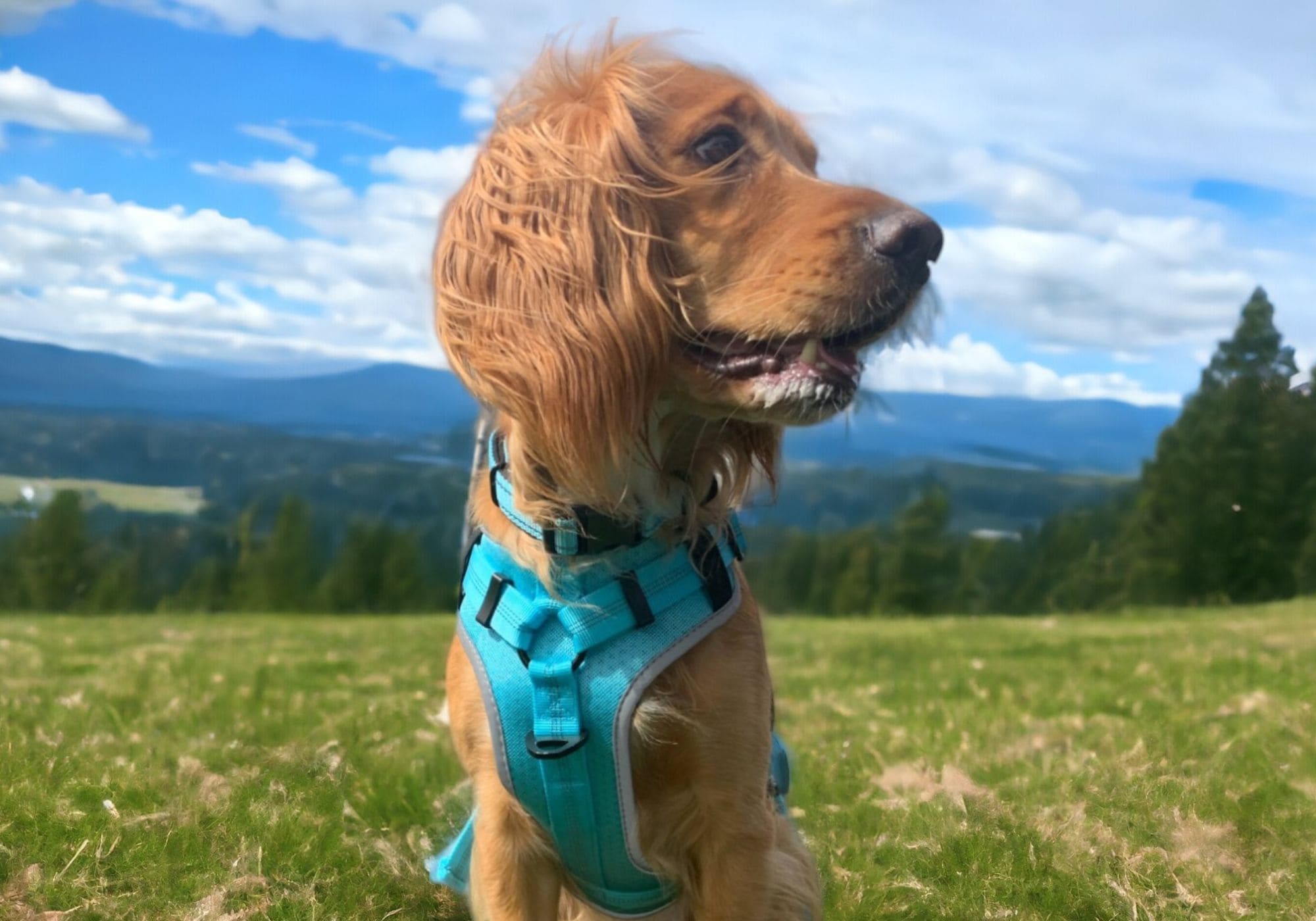
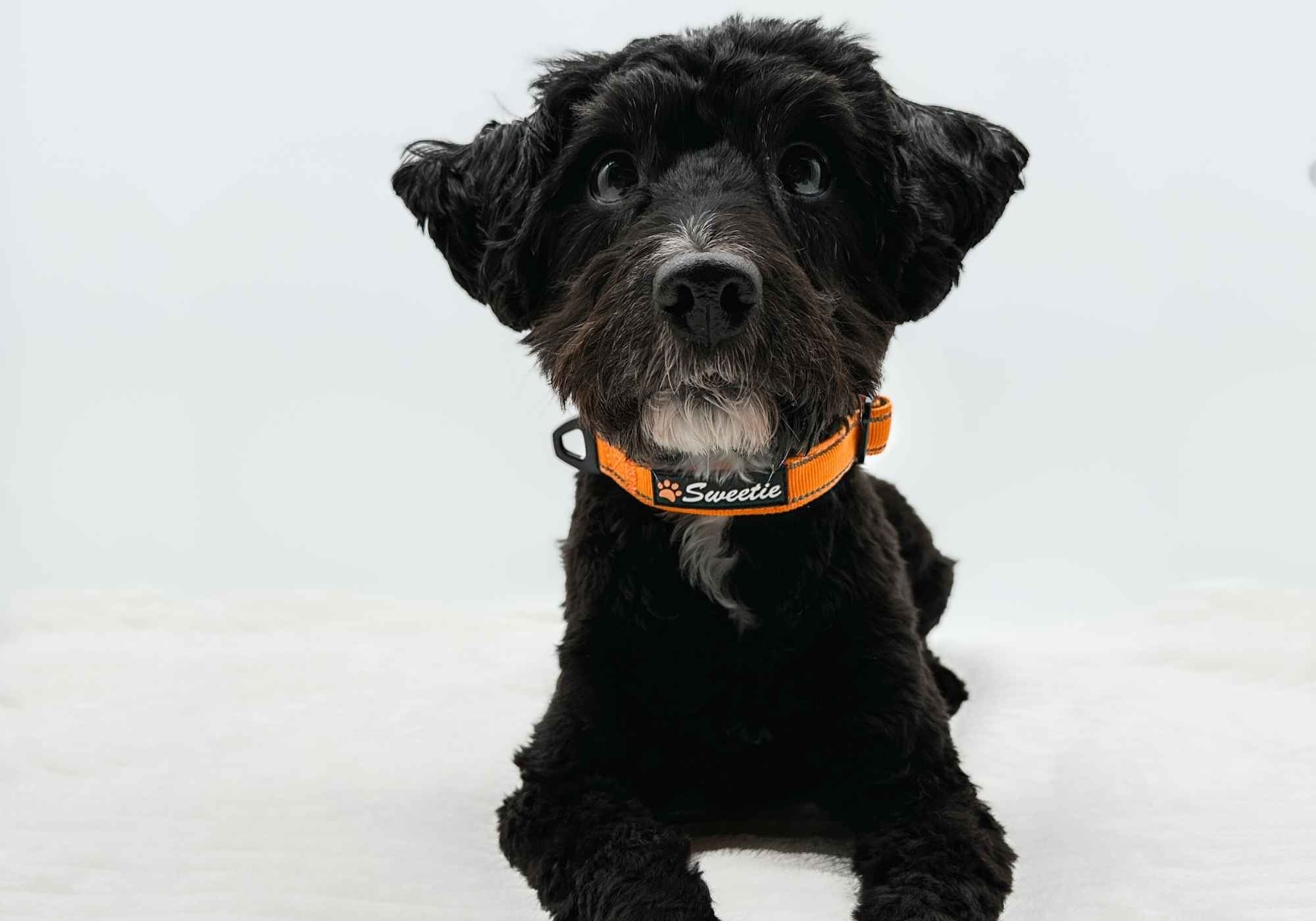
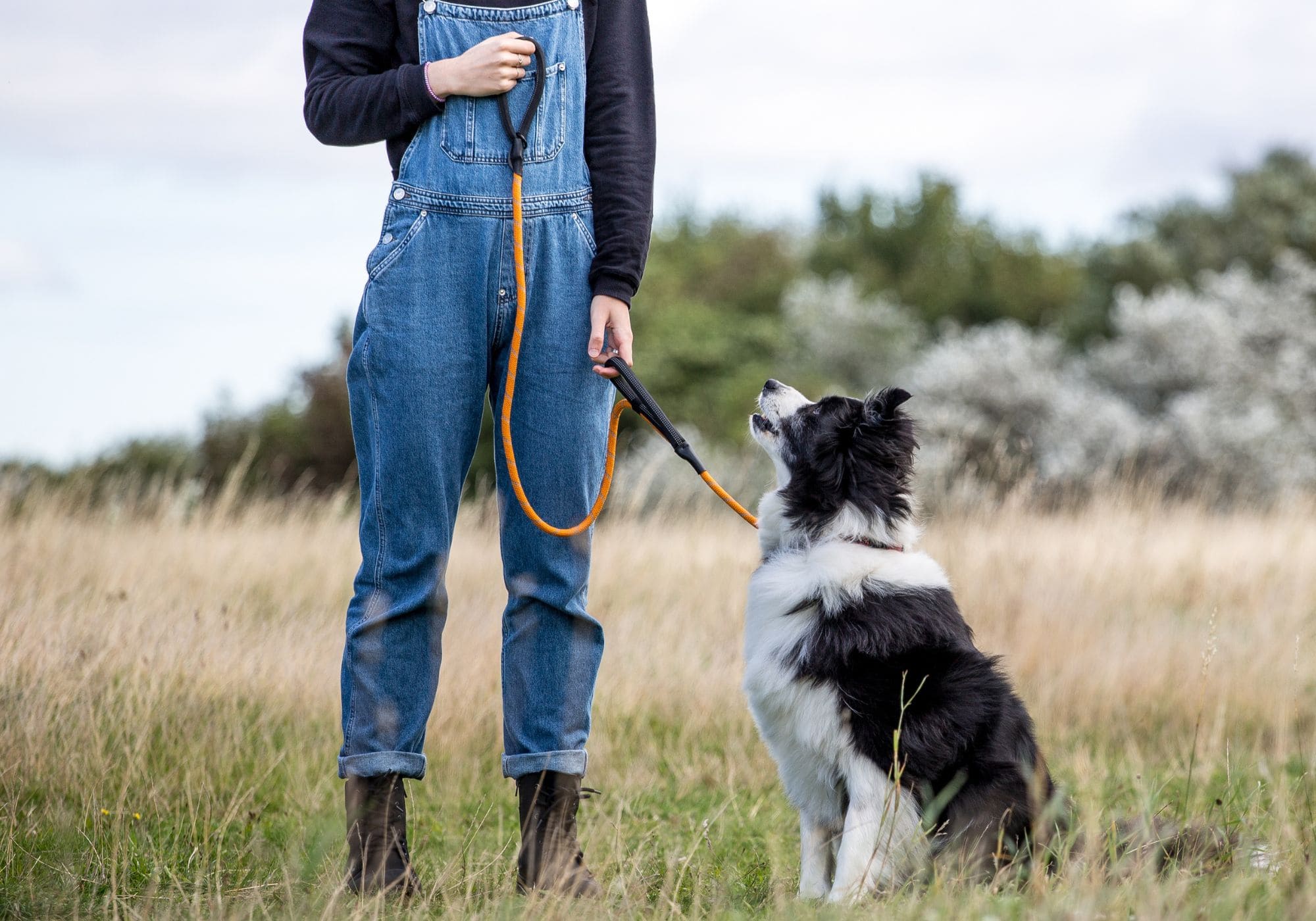
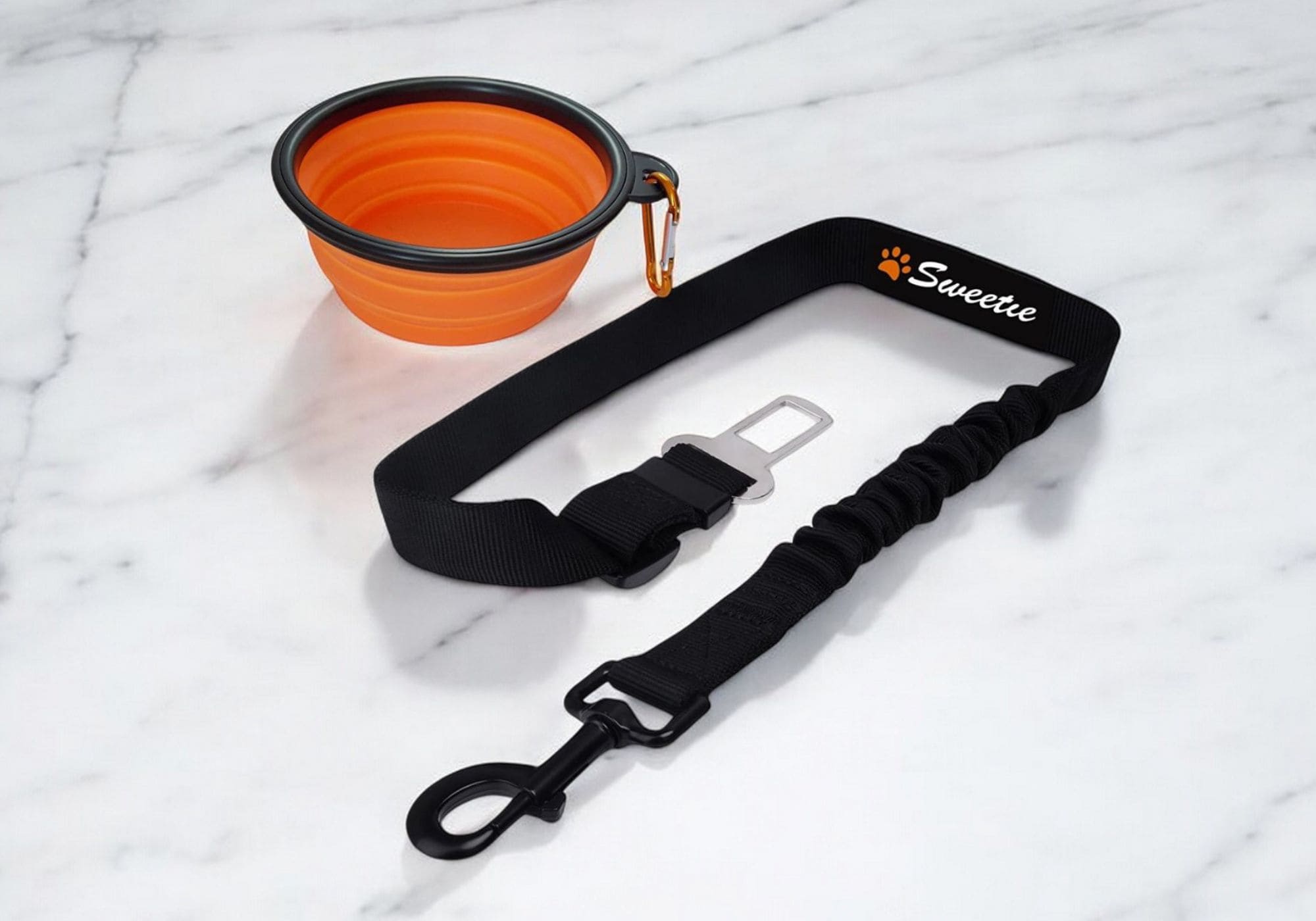
Leave a comment